Peterloo and The Portico
By Nicola Higgins
One of the many interesting projects that I've been involved with at The Portico Library is the transfer of the earliest List of Proprietors (covering the period from 1806 -1850) onto an electronic database. Working through the names inspired me to find out more about the earliest members and their interests. As The Peterloo Massacre was such a seminal event in the history of the city of Manchester, I was keen to know more about the involvement of the Library's members in this event and its aftermath.
Hugh Hornby Birley after 1819, date and artist unknown. This portrait was donated to the People’s History Museum in 2019.
John Edward Taylor, before 1844, artist unknown.
Captain Hugh Hornby Birley is one example of a member firmly on the Establishment's side. A manufacturer and member of the Manchester branch of the anti-revolutionary Pitt Club, Captain Birley was an original proprietor of The Portico Library. As second in command of the Manchester and Salford Regiment of Yeoman Cavalry and involved in the charging of the crowd, his role at Peterloo is infamous. Other pro-establishment names include the Reverend C. W. Ethelston, who read the Riot Act to the crowd (although it was a matter of debate whether it was audible!). John Littledale, a barrister, along with a number of solicitors who were members, acted in Captain Birley's defence in one of the post-Peterloo court cases.
However, another member of The Portico Library, Robert Grieg, testified against Birley during these subsequent trials. John Edward Taylor, also a member, founded the Manchester Guardian in the wake of Peterloo, which branded the massacre ‘an attack on democracy’. In fact, nine of the eleven supporters who launched the Manchester Guardian were members, including Thomas Potter, an industrialist and Unitarian, who later became the first Mayor of Manchester. Those on the pro-Establishment side don't give the complete picture of the proprietors' connections with Peterloo.
Another indication of anti-Establishment sentiment amongst some proprietors in the wake of Peterloo comes in a petition signed by a number of members, including Benjamin Beddome, Samuel Pullein, Reverend JG Robberds and John Mitchell MD. They declared that ‘without individually approving of the manner in which the meeting at St Peter's, on Monday 16 August was constituted’ the signatories were ‘fully satisfied’ by ‘personal observation or undoubted information’ that the Peterloo meeting was ‘perfectly peaceable’, that ‘no seditious or intemperate harangues were made there’, and that the Riot Act ‘if read at all, was read privately or without the knowledge of the great body of the Meeting’. The petition expressed their ‘utter disapprobation’ of the ‘unexpected and unnecessary violence by which the Assembly were dispersed’.
The petition also declared disapproval of a meeting which had been called at the Police Office in the aftermath of Peterloo, to thank the magistrates, municipal officers and soldiery. These Portico members denied the occasion the right to be described as ‘a numerous and highly respectable meeting of the inhabitants of Manchester, Salford and neighbourhood’.
Nicola Higgins is a member of The Portico Library








